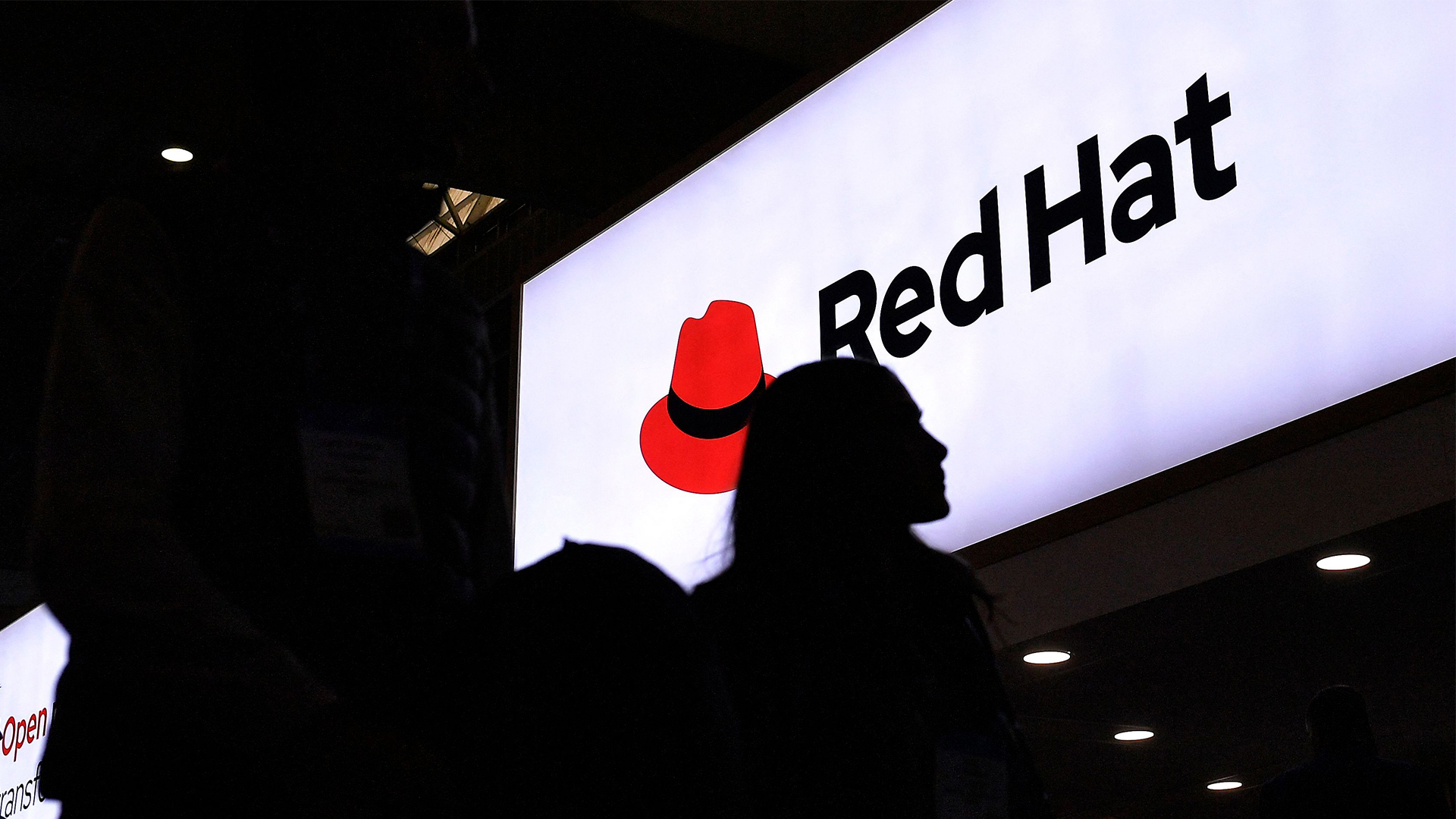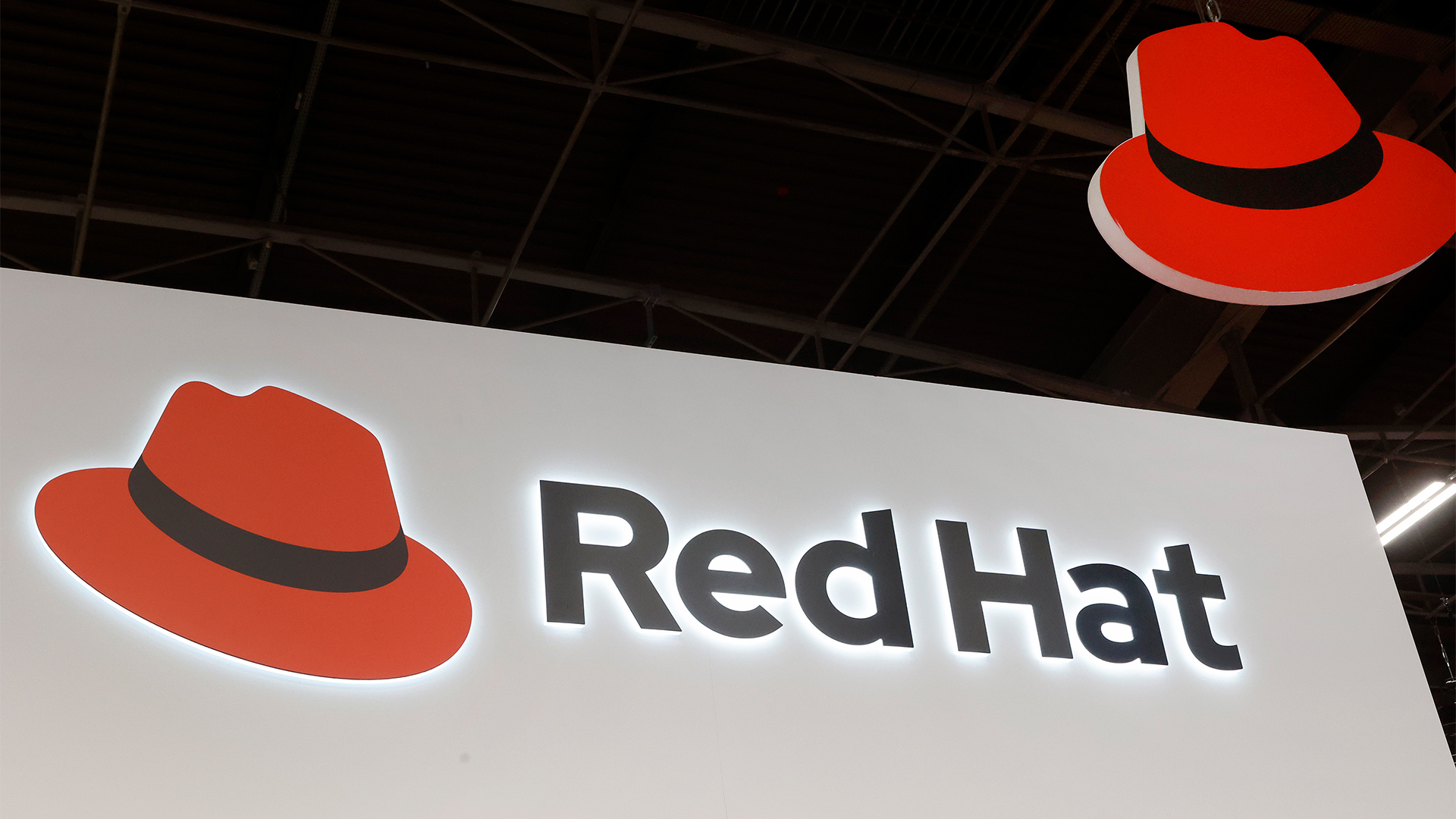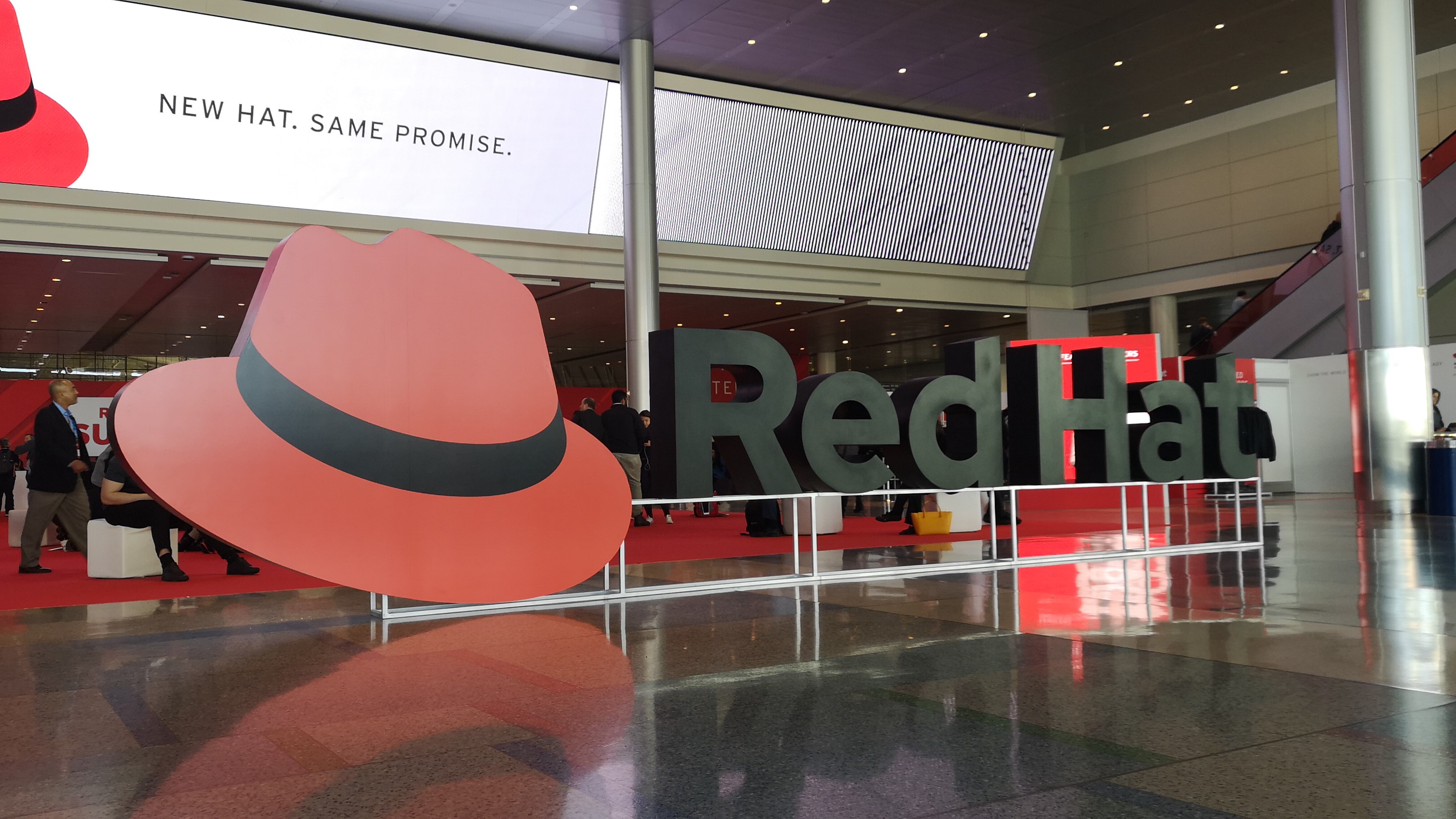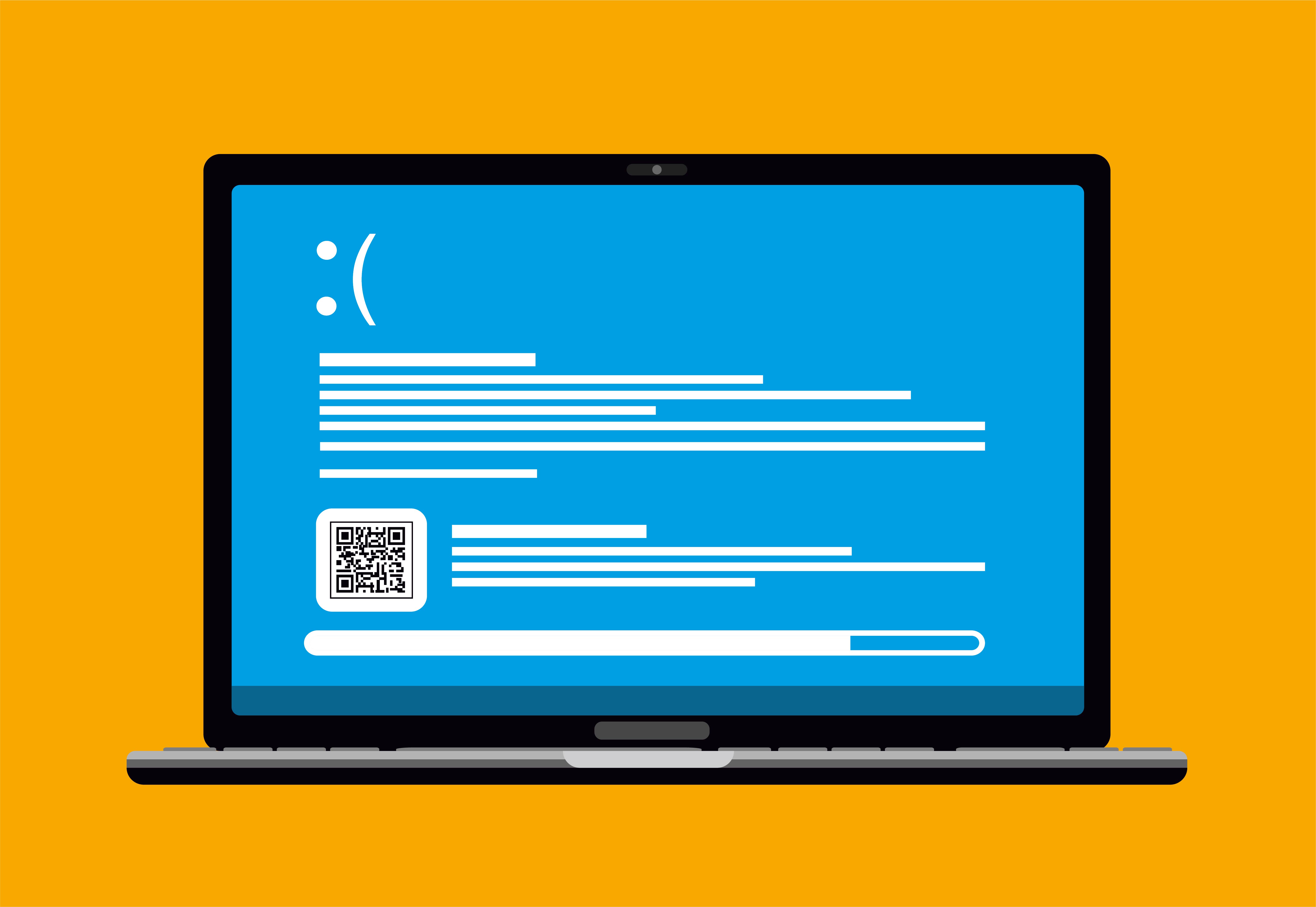Xinuos sues IBM for patent infringement
Lawsuit revisits ancient legal war over Unix code


Software company Xinuos is suing IBM and Red Hat, claiming they stole the Linux source code and pushed its own products out of the market. The move rekindles a legal spat over ownership of the original Unix source.
Xinuos, which is based in the US Virgin Islands, sells server operating systems to commercial customers. The lawsuit, filed in the US Court of the Virgin Islands, accuses IBM and Red Hat of using wrongfully copied software code and engaging in anti-competitive misconduct to corner the market in Unix and Linux server operating systems.
The complaint claims IBM stole Xinuos' intellectual property and misled the public in its SEC statements by saying a third party that owned all of the Unix and UnixWare copyrights had waived all infringement claims against it.
"Thereafter, IBM and Red Hat divided the market for enterprise clients to protect IBM's precious high-end server, software, and services business, they promoted each other's operating system products, and they granted each other special technical access and abilities that were not made generally available and from which Xinuos and others were specifically excluded," the complaint continues. "These bad acts continue to this day."
Unix has a stormy legal history. Novell purchased the rights to the program's source code in 1993, subsequently agreeing to transfer some rights surrounding Unix (including UnixWare, Novell's version of Unix) to the Santa Cruz Operation (SCO). In 2000, Caldera bought UnixWare from SCO, changing its name to the SCO Group two years later.
The SCO Group then sued IBM for infringing on its copyright by including Unix source code in Linux. Novell responded by claiming it was still the legal owner of Linux, sparking a legal response from the SCO Group, which lost its case against Novell in 2007. SCO Group then filed for Chapter 11 bankruptcy while it pursued an ultimately unsuccessful appeal.
A group of equity investors partnered to create UnXis, which purchased SCO Group's server operating system products, OpenServer and UnixWare, in 2011. At the time, the new company stated there was "no place for litigation in our vision or plan." In 2013, it changed its name to Xinuos and released OpenServer X based on FreeBSD while providing a migration path from the former SCO products.
Get the ITPro daily newsletter
Sign up today and you will receive a free copy of our Future Focus 2025 report - the leading guidance on AI, cybersecurity and other IT challenges as per 700+ senior executives
Danny Bradbury has been a print journalist specialising in technology since 1989 and a freelance writer since 1994. He has written for national publications on both sides of the Atlantic and has won awards for his investigative cybersecurity journalism work and his arts and culture writing.
Danny writes about many different technology issues for audiences ranging from consumers through to software developers and CIOs. He also ghostwrites articles for many C-suite business executives in the technology sector and has worked as a presenter for multiple webinars and podcasts.
-
 Bigger salaries, more burnout: Is the CISO role in crisis?
Bigger salaries, more burnout: Is the CISO role in crisis?In-depth CISOs are more stressed than ever before – but why is this and what can be done?
By Kate O'Flaherty Published
-
 Cheap cyber crime kits can be bought on the dark web for less than $25
Cheap cyber crime kits can be bought on the dark web for less than $25News Research from NordVPN shows phishing kits are now widely available on the dark web and via messaging apps like Telegram, and are often selling for less than $25.
By Emma Woollacott Published
-
 Red Hat just made three big changes to its developer hub – here’s what you need to know
Red Hat just made three big changes to its developer hub – here’s what you need to knowNews Red Hat has unveiled a raft of upgrades for Red Hat Developer Hub (RDHD), including support for a local version as well as new analytics.
By Nicole Kobie Published
-
 Red Hat launches Build module as part of partner program refresh
Red Hat launches Build module as part of partner program refreshNews Red Hat has announced new changes to its partner program, including the launch of a new 'Build' module and go-to-market support capabilities.
By Daniel Todd Published
-
 Want a return on your AI investment? Open source could be the key to success
Want a return on your AI investment? Open source could be the key to successNews Organizations using open source AI tools are more likely to report a return on investment
By Nicole Kobie Published
-
 Red Hat eyes “clear pathways for collaboration” with new partner program updates
Red Hat eyes “clear pathways for collaboration” with new partner program updatesNews The enhanced framework for Red Hat partners features a new modular design and fresh incentives
By Daniel Todd Published
-
 IBM just open sourced these generative AI coding models
IBM just open sourced these generative AI coding modelsNews IBM has open sourced models trained on code written in 116 programming languages - and it could make life a lot easier for enterprise developers
By Steve Ranger Published
-
 Red Hat adds trio of new tools to its Trusted Software Supply Chain
Red Hat adds trio of new tools to its Trusted Software Supply ChainNews The open-source giant said the additions will help organizations tackle vulnerabilities in their supply chains earlier and improve overall resiliency
By Daniel Todd Published
-
 Linux Blue Screen of Death gives users a taste of the dreaded Windows feature
Linux Blue Screen of Death gives users a taste of the dreaded Windows featureNews The Linux Blue Screen of Death has been added in a recent update
By Ross Kelly Published
-
 Red Hat Enterprise Linux becomes foundational operating system for Cohesity Data Cloud
Red Hat Enterprise Linux becomes foundational operating system for Cohesity Data CloudNews New strategic partnership between Red Hat and Cohesity aims to drive innovation in the data security and management space
By Daniel Todd Published